Reparations was the focus of the 2018 Sparer Symposium at the University of Pennsylvania Law School (Penn Law). This video is of a panel discussion “Building the Ivory Tower: How…
Reparations was the focus of the 2018 Sparer Symposium at the University of Pennsylvania Law School (Penn Law). This video is of a panel discussion “The Caribbean Claim for Reparations…
Reparations was the focus of the 2018 Sparer Symposium at the University of Pennsylvania Law School (Penn Law). This is a video is of Nkechi Taifa, Human Rights Lawyer and a…
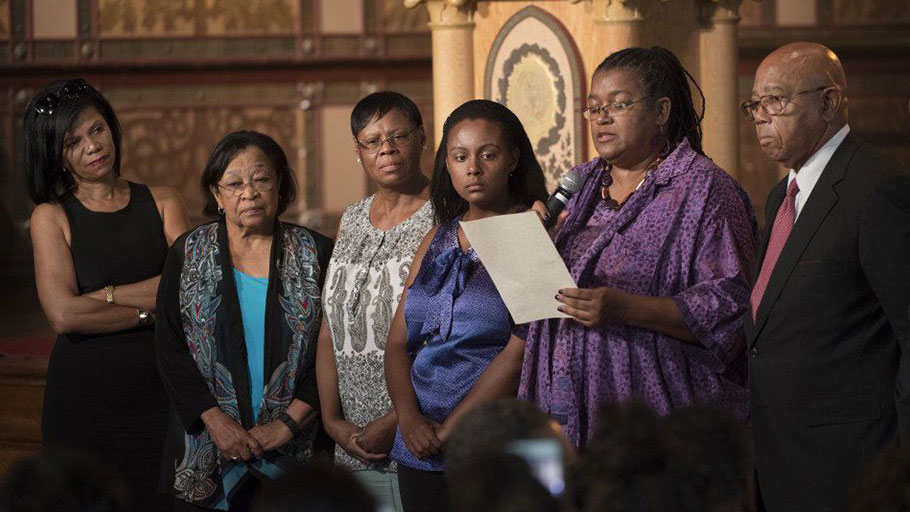
By Jarvis DeBerry, The Times-Picayune — Imagine discovering that one of the world’s oldest and best candy companies was able to survive to become one of the world’s oldest and best because generations ago it sold as chattel almost 300 human beings, including your ancestors. You may find yourself impressed by the current management’s willingness to apologize for the sins of their predecessors, but what would you make of their idea…
Topics: A New Book — Reparations for Slavery and the Slave Trade. The Highly Acclaimed Book — When They Call You A Terrorist: A Black Lives Matter Memoir. The “Professor” on the Soap Box Discussing the Problem of NEGROES Harming the Race! Guests: Dr. Ana Lucia Araujo (Professor of History, Howard University, Washington, D.C.),
Asha Bandele (Senior Director, Grants, Partnerships and Special Projects, Drug Policy Alliance, NYC).
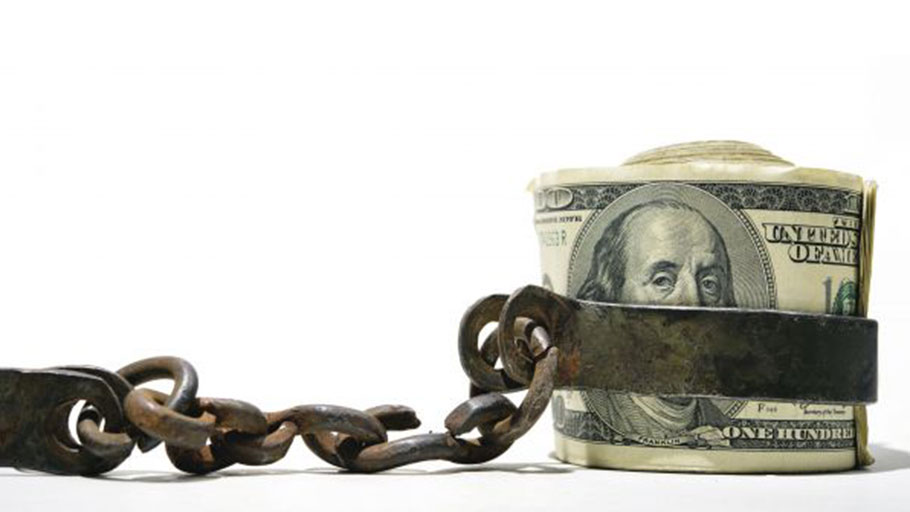
By Dina Gerdeman, Forbes — The ties between slavery and capitalism in the United States weren’t always crystal clear in our history books. For a long time, historians mostly depicted…
In this video, actor Danny Glover calls on Georgetown University to do more for the descendants of 272 slaves sold in 1838 to pay a debt. GU272 Isaac Hawkins Legacy…
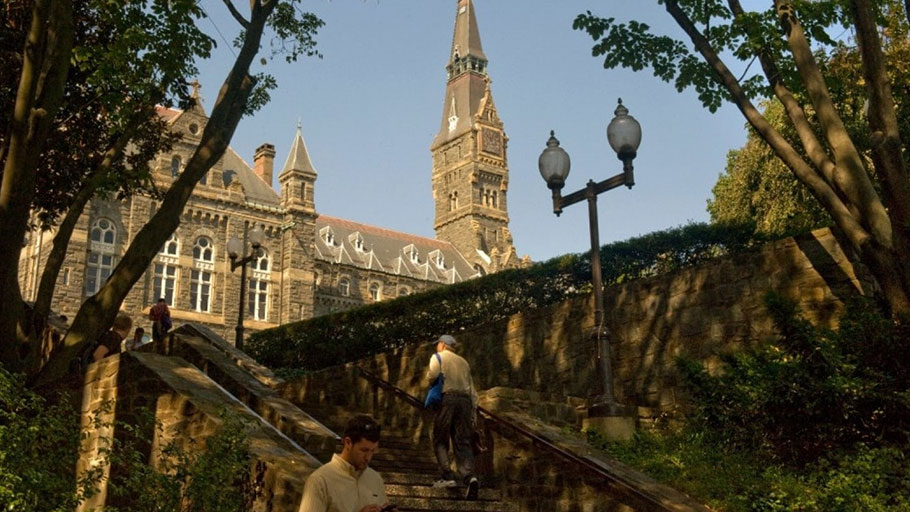
One-hundred-and-eighty years after Jesuit priests sold slaves to save Georgetown University from financial ruin, a group of descendants is calling for restitution. By Susan Svrluga, Washington Post — The university’s president has apologized for the sale, and the school has taken steps to make amends. But Georgetown owes its existence to the money made from the sale of 272 enslaved people, argues Georgia Goslee, lead counsel for the GU272 Isaac Hawkins Legacy group. And…
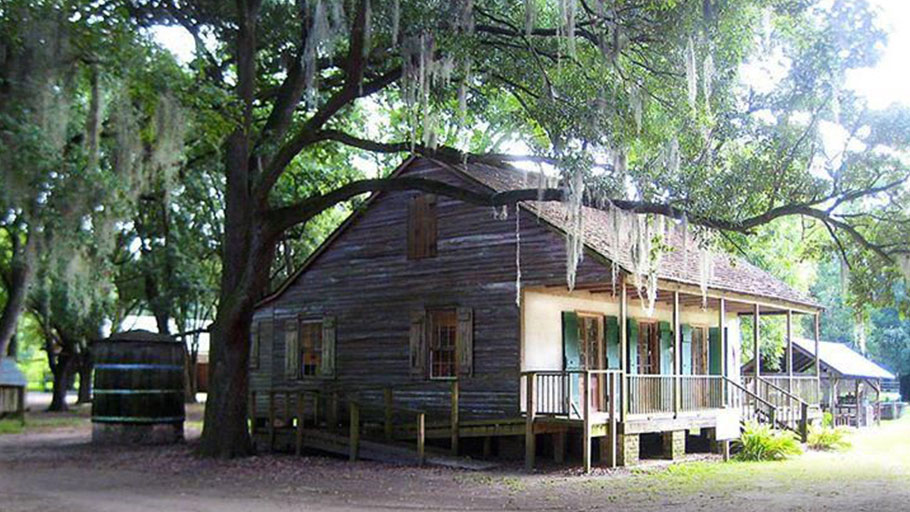
More than 500 slaves fought for their freedom in this oft-overlooked rebellion By Marissa Fessenden, Smithsonian — Two hundred and five years ago, on the night of January 8, 1811, more…
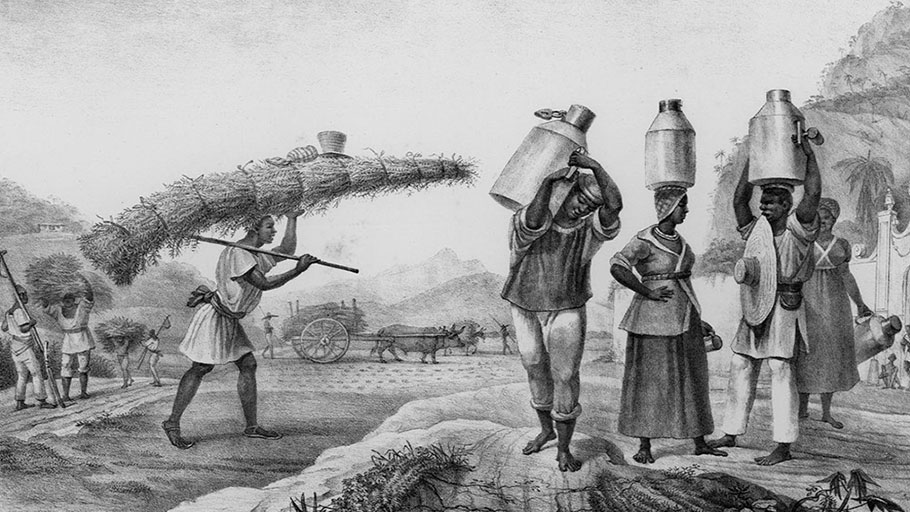
Michigan State University, supported by nearly $1.5 million from The Andrew W. Mellon Foundation, will create a unique online data hub that will change the way scholars and the public…
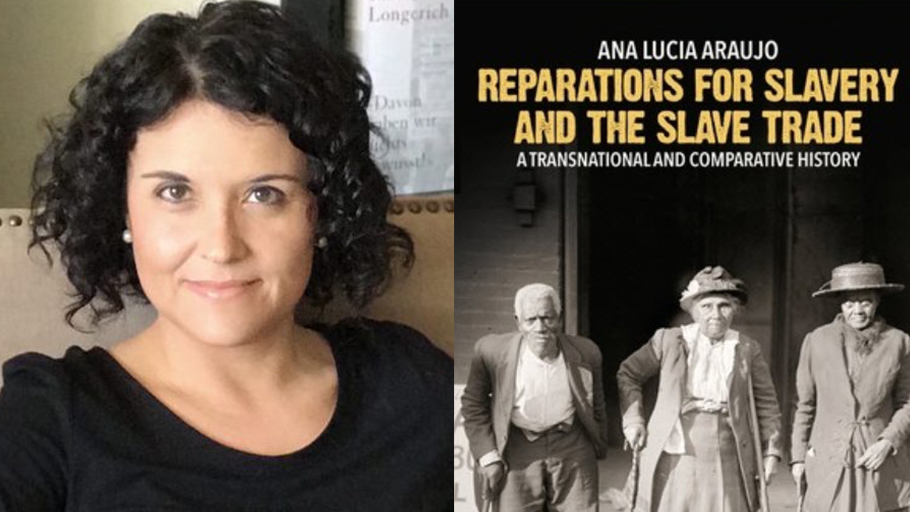
Julie Hawks: What are the principal findings or arguments of your book? What do you hope readers take away from reading it? Ana Lucia Araujo: My book is a narrative history of the demands of financial, material, and, to a lesser extent, symbolic reparations for slavery and the Atlantic slave trade. I combined the approaches of social and cultural history, and relied on written primary sources in English, French, Spanish, and Portuguese, which included abolitionist pamphlets, correspondence, parliamentary debates, petitions by former slaves, newspaper articles, and congressional Bills. I included public discourses by Black activists and politicians in western European countries such as France and the United
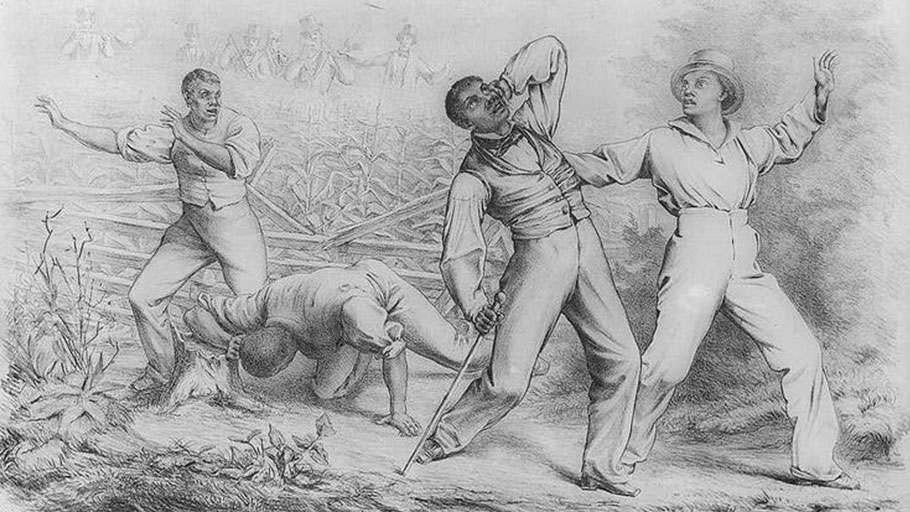
By Barbara Krauthamer — Over the past few days, the national climate has grown increasingly tense over the issue of “sanctuary” cities and states. Local communities, including some college and university campuses, have pledged to shield undocumented children and adults from President Donald Trump’s proposals for deportation. Municipalities and campuses remain steadfast even in the face of the president’s threats to withhold federal funding from these communities. This opposition between federal authorities and local communities is…














